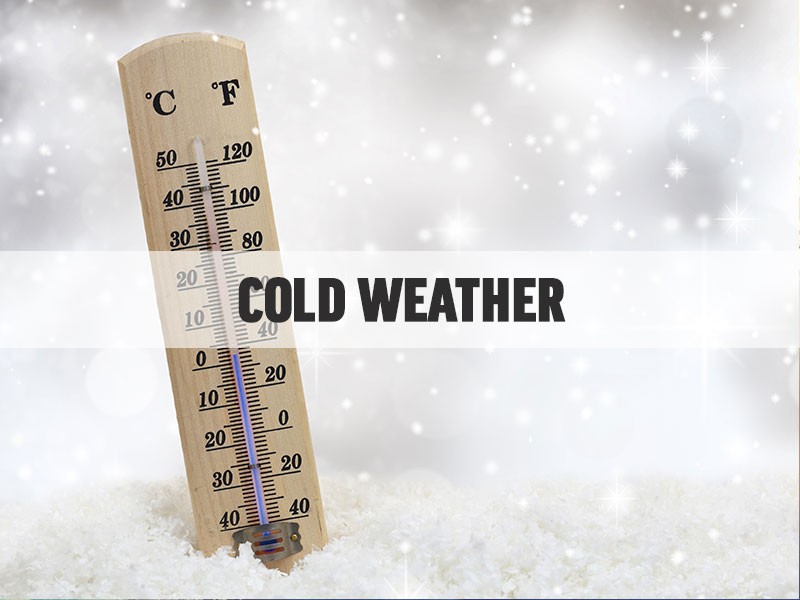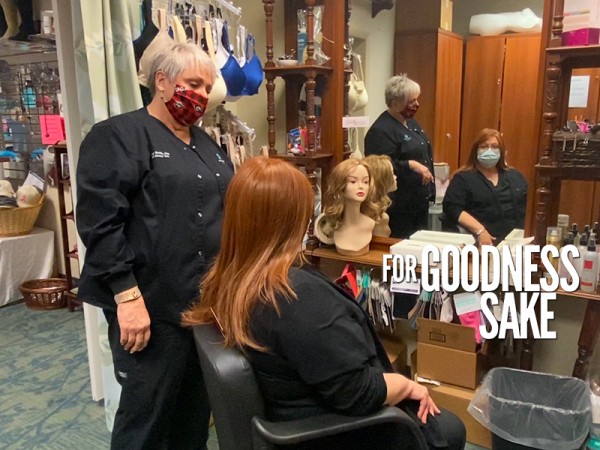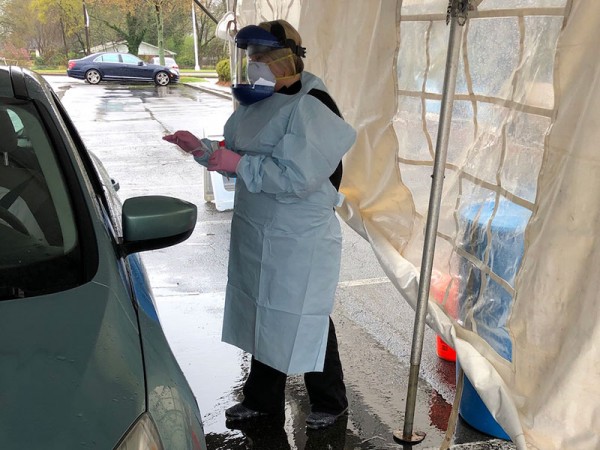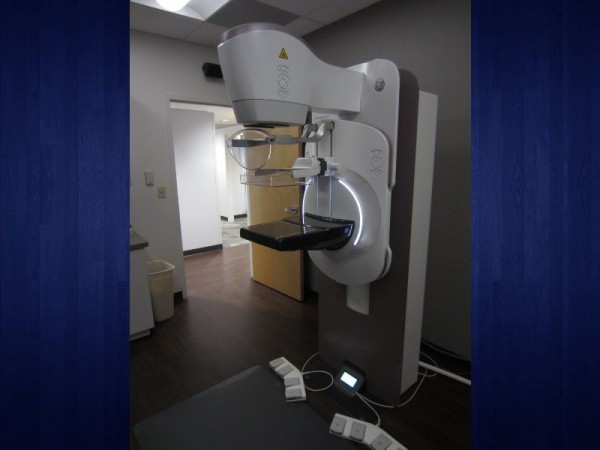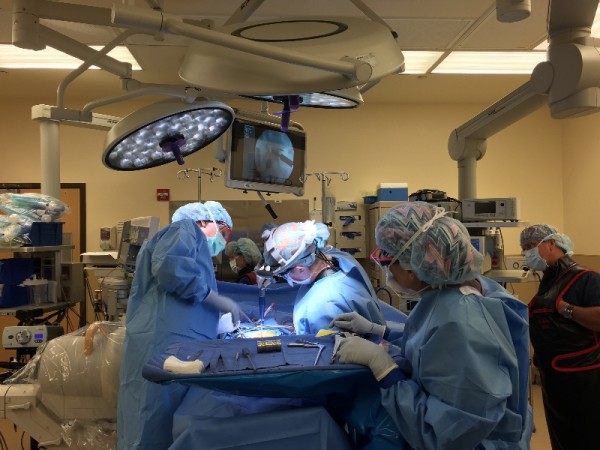Temperatures this week are expected to dip into the teens in North Georgia and with Wednesday scheduled as the first day back from winter break for many schools, parents should be aware their child's typical cold weather gear might not be enough.
"You're much more likely to lose body heat in this sort of environment a lot quicker," said Dr. Alisa Davis, an Internist with the Longstreet Clinic. "So you need to stay wrapped up and not expose yourself to the cold for as long as you would. A lot of people in Georgia just run in and run out in a little thin coat and that's not adequate for this kind of weather."
Thin coats, fleece jackets and the like should be reserved for warmer days, or if the item is good for layering, it can be used in conjunction with other articles or clothing. Davis said students outside should bundle up using layers.
"I would recommend a t-shirt and a shirt on over that, a sweatshirt, then they need a jacket, they need gloves, they need a scarf, they need a hat. They need something to cover their faces, all of that if they're going to be at the bus stop. Also, warm socks and warm shoes," said Davis. "They need to think about all of their extremities and they need to think about keeping their core warm. And obviously, a warm coat. Don't just send them out in a little fleece jacket... that's not enough."
Davis said roughly half an hour of exposure to the cold could put your body in danger and that time frame gets smaller as the temperature gets closer to zero. "This morning it was 15 degrees, I'd say maybe 15 minutes [outside] or something around that. I wouldn't spend much time out without any sort of layering going on."
If you or your child does end up a little too cold, Davis encourages getting your extremities warmed up before you are numb. "Come inside, get your toes and fingers under some warm water, putting some socks or gloves on, getting by the heat, that kind of thing. You don't want to wait until you don't have feeling left.
Davis said parents and caregivers shouldn't feel silly or shy about being concerned over the cold weather, especially when you care for a young child or the elderly. "They don't bounce back as well as healthier adults or older children. You need to pay more attention to the elderly and to babies and younger children, because they don't have the ability to tell you that they're cold or that they're fingers are numb or that they're suffering symptoms you might recognize."
And, Davis said getting cold doesn't cause colds. But, viruses and other illnesses thrive in colder temperatures.


